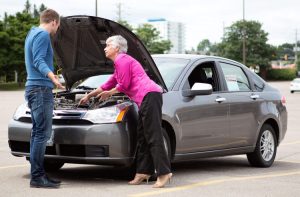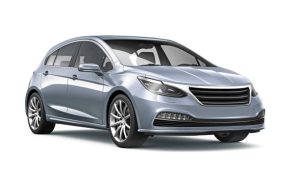
One of the major features that every car owner looks forward to before buying a vehicle of their choice is the overall mileage provided by it. Most of the time, the mentioned mileage numbers by the vehicle manufacturer turn out to be higher than the actual mileage provided by the car in real-world scenarios.
However, if you’re enthusiastic about your vehicle and want to obtain the best available mileage out of it, then you’ve arrived at the right place. In this article guide, we’ll be discussing some of the best tips that you can follow to enhance your car’s fuel economy – with the help of mobile mechanics in Brisbane services.
Significant Methods To Improve Vehicle’s Fuel Economy
-
Don’t Accelerate Too Hard
It should be noted that higher RPMs always translate to lower fuel efficiency. If you want to improve your vehicle’s mileage, then you need to drive your car at moderate speeds. Acceleration should be done slowly and try to avoid driving over speeds of 55 MPH.
If you continuously accelerate and brake your vehicle at high speeds, it will make the engine work harder and thereby lead to increased fuel economy as well. Even though each car is different in terms of how it performs, driving over 55 MPH increases wind friction – thereby leading to lesser mileage.
-
Always Use The Suggested Engine Oil
It shouldn’t be assumed that your engine can work on any type of oil because each type of motor is designed to work with its counterpart motor oil. For example, if you start using a heavier grade oil than what is recommended by the manufacturer, it can lead to increased friction between the engine’s moving parts – which will work the engine harder and reduce fuel economy.
Therefore, times like these are when you need to look at your manufacturer’s car or vehicle manual and thereby use the recommended motor oil.
-
Do Not Idle Your Vehicle For Prolonged Periods
If you have a habit of idling your vehicle for long periods, then you should know that such a move reduces the mileage of the vehicle. As a rule of thumb, you should never idle your vehicle more than three minutes at a stretch. It’s always better to turn off the engine at a traffic signal or somewhere you need to wait a bit.
Furthermore, newer model cars don’t need to warm-up their engines before the operation, which means that in modern cars idling is not at all required. It should be remembered that idling your car only eats up your fuel and doesn’t give anything in return which means you can easily save your fuel by not idling one bit.





